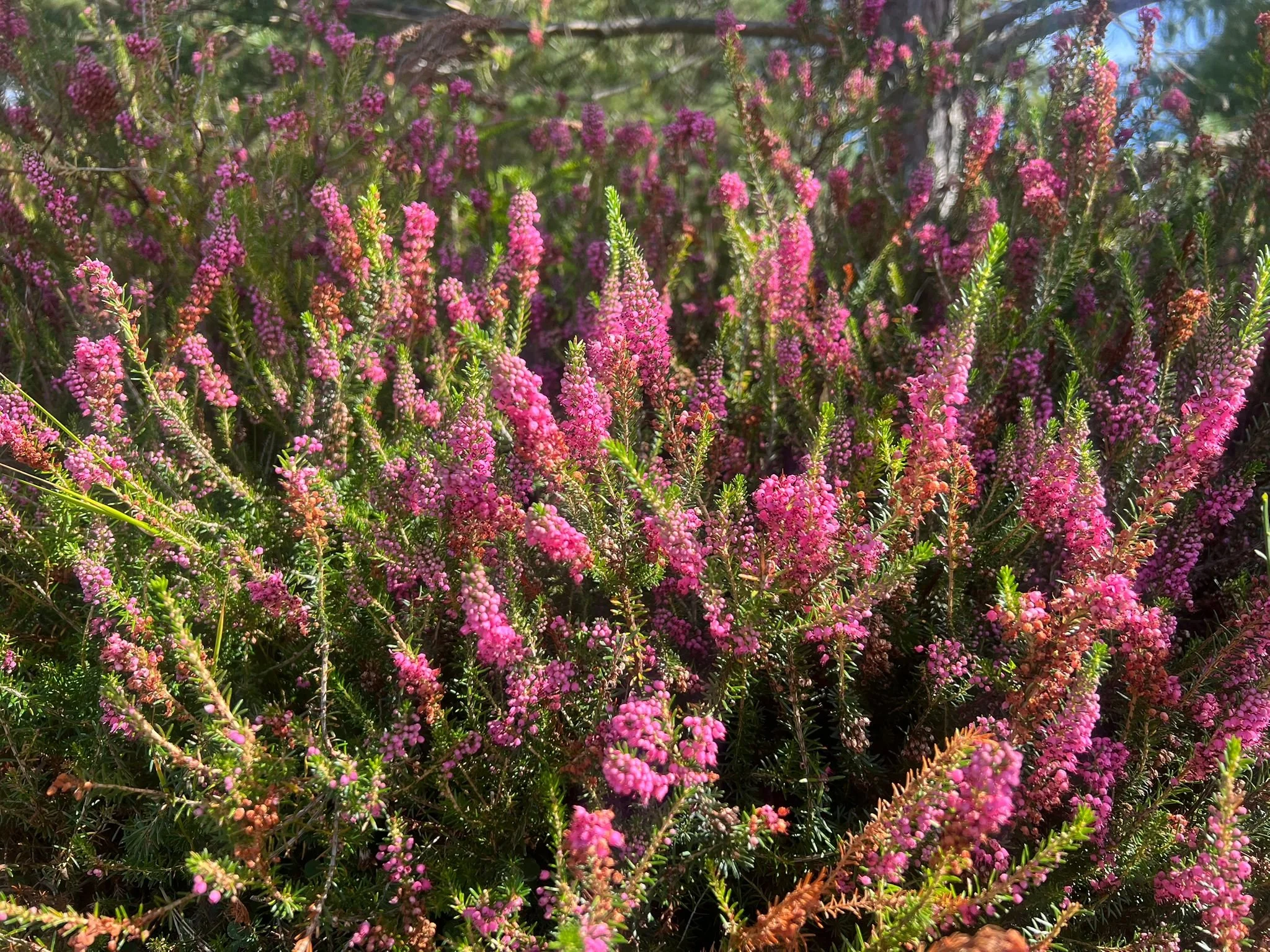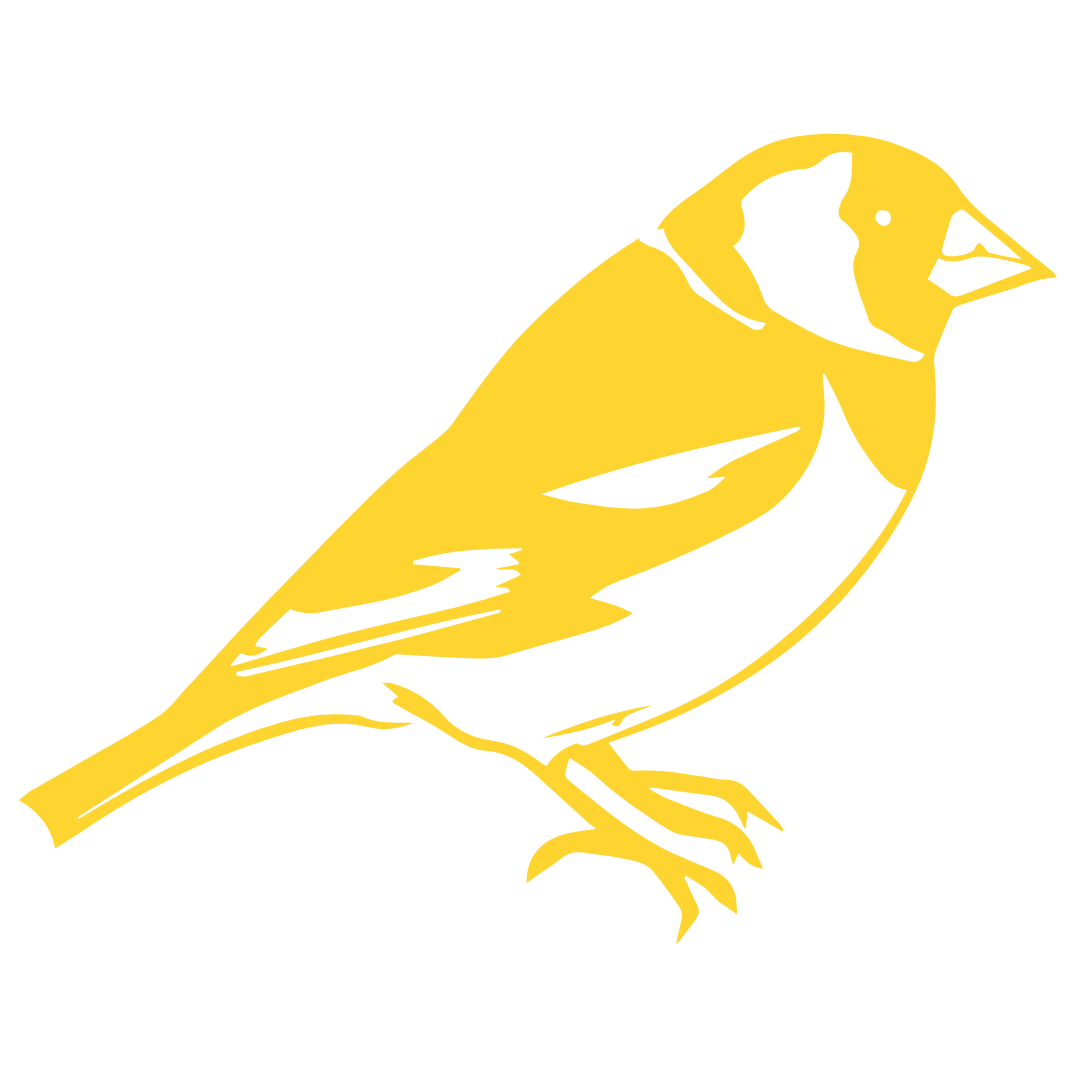
I have a background in creative ethnology and human ecology. Ethnology, a form of cultural anthropology, is focused on our relationship with the past and how we make sense of it in the present; human ecology explores the interconnections between nature, culture, society, and economy, with an emphasis on environmental and social justice.
Currently, I am Human Ecology Researcher-in-Residence with the Findhorn Watershed Initiative, a catchment-scale ecosystem restoration project, exploring the role of cultural heritage and creativity in rekindling relations of care and connection for environmental stewardship. This work was a case study for a British Academy policy discussion paper where I was the lead author, exploring place-sensitive nature recovery in a Scottish Highland, or Gàidhealtachd context.
At the heart of my practice is the idea of cultural repair: mending the fractured relationships between people and the living systems that sustain us, and advocating for regenerative and convivial alternatives to dominant systems. I am particularly interested in how folk knowledge and cultural memory can serve as tools of resistance, resilience and renewal in our time of ecological and social crisis.
Living and working in the Highlands offers a unique place from which to explore these issues. This region, long cast as Scotland’s remote and rural periphery, bears the deep historical scars of clearance and coloniality while facing acute contemporary challenges of fragile local economies, inequitable land ownership and ecological vulnerability. At the same time, it is a place of creative adaptivity, where community stewardship and commons-based models rooted in Gaelic culture are actively reworking relationships with land, nature and economics in search of just and sustainable futures.
Academic
I hold a PhD in ethnology and ethnomusicology from the University of Edinburgh (2012). Following that I was a Research Fellow at the Institute for Advanced Studies in Humanities (IASH) at the University of Edinburgh, a Research Associate at the Intercultural Research Centre (IRC) at Heriot-Watt University and a Research Associate at the School of Design at Edinbugh College of Art (see below for details). Before moving north in 2018 to work freelance, I taught across further and higher education (undergraduate and postgraduate), including for the Department of Celtic & Scottish Studies at the University of Edinburgh and at Newbattle Abbey College. I have designed and delivered courses using creative and participatory approaches that engage students in connecting theory with lived practice, emphasising fieldwork and collaborative inquiry. This included a postgraduate online course in Scottish Culture and Heritage / Cultur agus Dualchas na h-Alba, creating five innovative modules that explored Scottish traditional arts, heritage and contemporary cultural debates. My teaching was recognised through multiple nominations for the Edinburgh University Students’ Association (EUSA) Teaching Awards.
Beyond formal education, I have contributed to learning programmes for the Centre for Human Ecology, Traditional Arts and Culture Scotland (TRACS), Sabhal Mòr Ostaig and Tobar an Dualchais – Kist O Riches, bringing cultural and ecological insight into non-formal, community-based contexts. I also offer training in citizen fieldwork methods that are participatory, inclusive and grounded in local realities.
Experience
Publications
Academic Publications:
McFadyen, M., Adams, E., Mackie, C. & Sandilands. R (2025 forthcoming). ‘Integrating Intangible Cultural Heritage (ICH) in Nature Recovery: A Place-Sensitive Approach in the Scottish Highlands.’ British Academy Policy Discussion Paper.
McFadyen, M. and Sandilands, R. (2021) ‘On “Cultural Darning and Mending”: A creative response to Ceist an Fhearainn / The Land Question in the Gàidhealtachd’, Scottish Affairs, 30(2), Special Issue: Scotland’s Gàidhealtachd Futures. Available at: https://www.euppublishing.com/doi/abs/10.3366/scot.2021.0359?journalCode=scot
McFadyen, M. (2020) ‘“If I were a Blackbird”: Constellations of meaning in birdsong and folksong’, in Kockel, U., McDermott, P. and Campbell, L. (eds.) Per Scribendum, Sumus: Ethnopoesis, or: Writing Heritage. Münster: LIT Verlag.
Kockel, U. and McFadyen, M. (2019) ‘On the carrying stream into the European mountain: Roots and routes of creative (Scottish) ethnology’, Anuac, Special Issue on European Anthropology. Available at: <https://ojs.unica.it/index.php/anuac/article/view/3667
Nic Craith, M. and McFadyen, M. (2019) ‘Performing Scots-European heritage, “For A’ That!”’, in Kockel, U., Clopot, C., Tjarve, B. and Nic Craith, M. (eds.) Heritage and festivals in Europe: Performing identities. London: Routledge.
McFadyen, M. (2018) ‘Referendum reflections: Traditional music and the performance of politics in the campaign for Scottish independence’, in McKerrell, S. and West, G. (eds.) Understanding Scotland musically. London: Routledge.
McFadyen, M. (2014) ‘Together in sang: The embodied song experience as singularly plural’, in Russell, I. and Ingram, C. (eds.) Taking part in music: Case studies in ethnomusicology. Aberdeen: Aberdeen University Press.
Other Print Publications:
McFadyen, M. and Sandilands, R. (2024) Uisge Èireann: Sgeulachd na h-Aibhne is nan Daoine | River Findhorn: the River’s Human Story. Findhorn: Findhorn Watershed Initiative. Available at: https://findhornwatershed.com/human-ecology
McFadyen, M. (2023) ‘Just Listen to the Birdsong Now: Possibilities for People and Nature in Community-Owned Woodland’, in A Fragile Correspondence (exhibition publication), V&A Dundee.
McFadyen, M. et al ( 2021) 'The Carrying Stream: Towards a Plurality of Possibilities in the Scottish Highalnds,' LESS: A Journal of Degrowth in Scotland
McFadyen, M. (2022). ‘The Art of Living Together/Ceilidh Culture and the Commons’ in Small, M. (ed) Bella Caledonia: An Anthology of Writing from Scotland from 2007 - 2021: Leamington Books
McFadyen, M. (2019). ‘The Carrying Stream: Twenty Years of Traditional Music in Scotland’, in Gerry Hassan & Simon Barrow (eds.) Scotland the Brave?: Twenty Years of Change and the Future of the Nation. Edinburgh: Luath Press
Francis, D. & M. McFadyen. (2018). 'The People's Parish - Singing Our Own Song', in Kevin Murphy, Damien McGlynn, Denis Stewart (eds.), Making Common Cause: Exploring the Potential of Cultural Commoning London, Edinburgh, Cardiff: Voluntary Arts
McFadyen, M. (2018). ‘Expressing the Earth: Towards a Geopoetic Creative Ethnology’ in Stravaig: Issue 6 link
McFadyen, M. (2018). ‘The Shieling Project: Embedding Culture in a Healthy Landscape,’ in Reforesting Scotland Journal 58
Conference Papers, Lectures & Workshops
2025 Paper: Relation Approaches in Community Research,Valuing Local Communities in Research and Policymaking Conference, RSE and CoDel
2025 Workshop: ‘Future Folk’: Facilitating Field-Based Learning: University of Edinburgh Geography Field Trip
2023 Paper: Findhorn Watershed: The Role of ICH in Cultural Ecological Restoration, ICH in Scotland Conference, Birnam Arts
2024 Paper:Reciprocal Approaches to Landscape,’ Land and Nature in Scotland: Emerging Care Alternatives, School of Innovation and Technology, Glasgow School of Art
2023 Lecture: Reforesting Scotland Annual Gathering
2022 Workshop: Tobar an Dualchais - Working Creatively and Carefully with Archive Material
2021 Lecture: Annual Hamish Henderson Lecture, Carrying Stream Festival, Edinburgh
2020 Lecture: Connection, Creativity, Community in a Time of Covid-19 - FEECA (Folklore Ethnology Ethnomusicology Conference Aberdeen)
2019 Workshop: ‘Reclaiming the Commons and the Creative Economy: Exploring Waterscape Perspectives’, SHOORMAL Conference. New Coasts & Shorelines: Shifting Sands in the Creative Economy, Shetland
2018: Lecture: Annual Tony McManus Geopoetics Lecture 2018, 'Finding a Radical Hope in Geopoetics', Leith, Edinburgh
2018 Workshop: ‘Reclaiming the Commons/Recovering a Sense of World’ ‘Expressing the Earth’ conference, Wiston Lodge
2017 Workshop: ‘What would a Geopoetic Creative Ethnology Look Like?’ ‘Expressing the Earth’ conference, Seil Island
2016 Workshop: ‘Patrick Geddes' Notation of Life,' ‘Outlook: Exploring Geddes in the 21st Century,’ Planning Aid Scotland conference, Edinburgh
2015 Paper: 'An Emerging Policy Context for the Traditional Arts in Scotland' British Forum for Ethnomusicology, University of Newcastle
2013 Paper: ‘Songs and Sustainability: Exploring a Cultural-Ecological Approach in a Scottish Context.’ Traditional Song Forum Spring Meeting,
2013 Paper: ‘Storying the Culture/Nature Relation: Patrick Geddes’ Vision Re-imagined.’ Institute for Advanced Studies in Humanities, University of Edinbugh
2012 Paper: ‘Affective Heritage as Embodied Process: The Traditional Expressive Arts.’ Association of Critical Heritage Studies, University of Gothenburg, Sweden
2012 Paper: ‘From Representation to Experience: A New Perspective in Scottish Ballad Study.’ Innovative Learning Week, University of Edinburgh
2011 Paper: ‘Together in Sang: The Embodied Song Experience as Singularly Plural.’ European Society for Ethnomusicology, Aberdeen
2011 ‘What a voice, what a voice, what a voice I hear’: Deep Listening and the Ballad Experience in a Scottish Context.’ International Council for Traditional Music, Londonderry, Ireland
Research & Fellowships
Research Associate, School of Design, Edinburgh School of Art, University of Edinburgh
An AHRC-funded project with Jamie Chambers investigating the concept of folk cinema in a global context, I contributed to both the Map of Stories digital platform and the organisation of the Folk Film Gathering—a pioneering event exploring how folk cinema intersects with traditional arts including oral storytelling and folk song. The project examined folk cinema’s historical roots and radical potential for cultivating communal and culturally rooted modes of film practice.
2016 - 2020: Research Associate, Intercultural Research Centre (IRC), Heriot-Watt University
Developing a creative ethnological practice and engaging with issues in cultural policy, human ecology, intangible cultural heritage (ICH), traditional music and cultural sustainability. This work fed into a co-written book chapter as part of the Horizon 2020 CoHERE European Heritages project, an article for a European anthropology journal and several public talks, conferences and workshops. Events included the Scottish Centre for Geopoetics conference ‘Expressing the Earth’ in Argyll in partnership with UHI (2017), ‘Scotland at a Crossroads’ conference at Heriot-Watt University (2019), SHOORMAL - ‘Shifting Sands in the Creative Economy’ organised by the Centre for Rural Creativity in Shetland (2019) and the AHRC’s ‘Being Human’ Festival in Edinburgh (2019).
2012 - 2013: Postdoctoral Fellowship, Institute for Advanced Studies in Humanities (IASH), University of Edinburgh
Project: The Creative Cultural Vision of Patrick Geddes (1854 - 1932)
Six month fellowship exploring cultural ecological imagination of polymath and ecologist Patrick Geddes (1854 - 1932). Geddes’ concept of ‘civics’ had a double objective: reclaiming human individual creativity and the improvement of the environment through informed action. Through a process of ‘synthesis to integration,’ he hoped to bridge the chasm between the academic and the civic, between thought and action, between environment and society. His understanding of cultural dynamics, often overlooked, was central to his expression of a synthetic, interdisciplinary study and world-vision. This research fed into a series of blogs, articles, talks and workshops at the Scottish Storytelling Centre’s Celtic Summer Schools (2014 - 2016) and the Planning Aid Scotland (PAS) conference ‘Outlook: Exploring Geddes in the 21st Century’ (2016).
2009 - 2012: Ph.D, Department of Celtic & Scottish Studies, University of Edinburgh (AHRC funded)
Title: The Space Between is Where the Maysie Lives: Presence, Imagination and Experience in the Traditional Ballad [archived here]
Awarded the Michaelis-Jena Ratcliff Prize for ethnology and folklore 2012, ‘an important contribution by an individual to the study of folklore and folklife in Great Britain.’ This research is work of creative, interdisciplinary ethnology which seeks to understand the transformative power of the traditional ballad. The visit of the Maysie is a metaphorical term in Scottish folkloric tradition for the experience of aesthetic ‘chills’ in response to music, song or story: in this case, the visceral power of the unaccompanied human voice in song. In stressing the aesthetic and poetic qualities of ballad presence, rather than focusing on a collection of cultural products or folklore 'texts', the dynamic, generative power of the ballad as a living voice is emphasised. Using contemporary phenomenological approaches, this work asks, how do we make sense of ineffable, ambiguous yet deeply moving aesthetic encounters such as the ‘ballad experience’? What is the relationship between our embodied experience and perception, and the language we use to express it? The work is set within the theoretical framework of phenomenological hermeneutics and connects with theories of folklore performance and practice, ethnomusicology and anthropology, recent research in embodied cognition, contemporary theory of metaphor and with the philosophy of mind, language, music and art.

